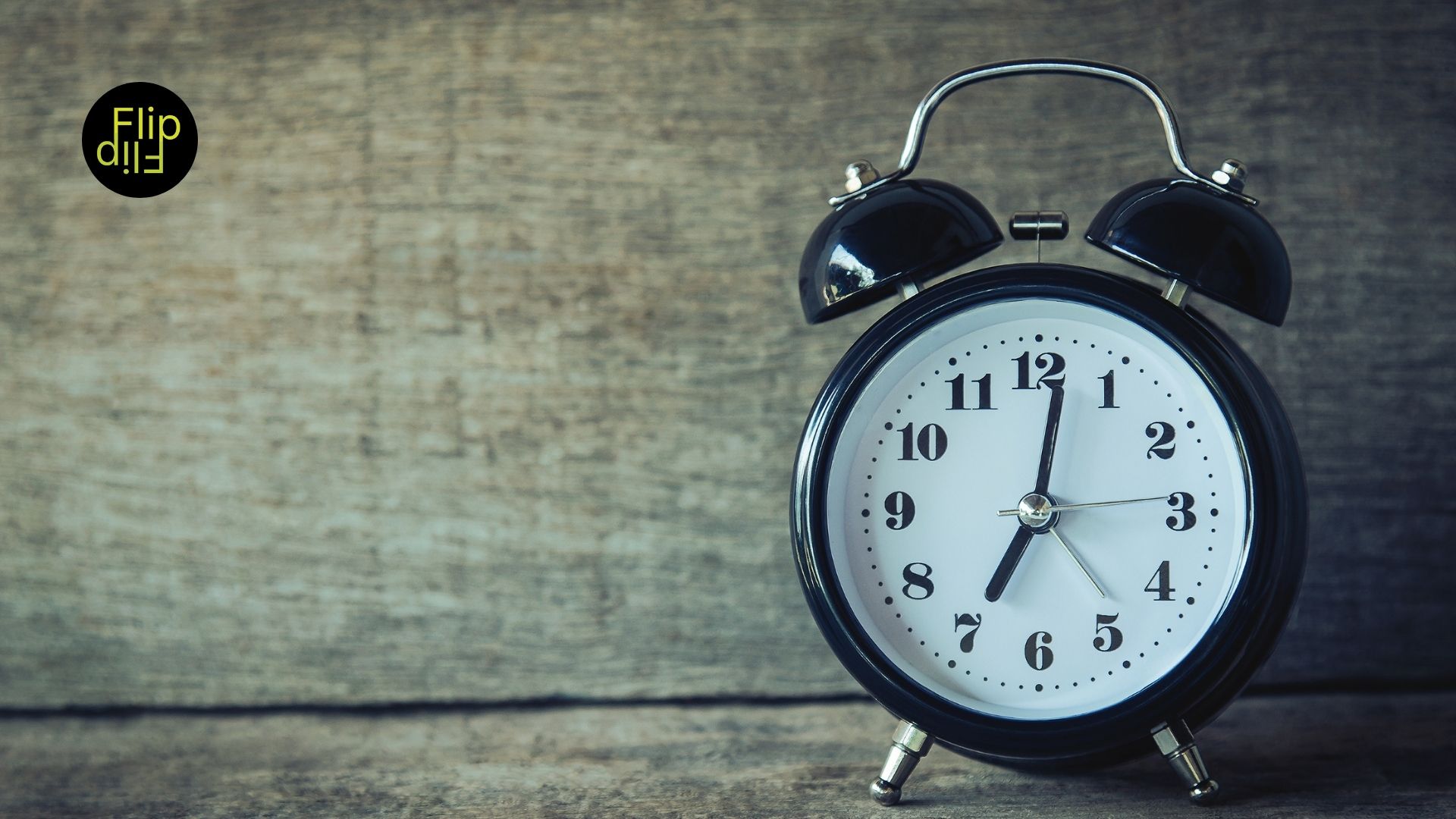Sleep
Snooze once…snooze twice…let’s go!

I don’t know if you are one to wake up before your alarm goes off, the moment your alarm goes off, or after repeatedly snoozing it several times. But if you are in this last category, this article is for you.
The reasons for using the snooze button in the morning are many and vary from person to person. For some people the snooze button allows them to enter the new day in more of a slow motion, rather than having to get up immediately after the alarm goes off. For some other people, the time in between each snooze is cherished as “added” sleep time even if the quality of that sleep is not great or even if they don’t sleep at all. No matter the reasons, and for some time, it was thought that using the snooze button had detrimental effects on your sleep and your brain, but recent studies have shown that perhaps snoozing is not entirely bad.
If you are…
Young or are a night owl, you are more likely to use the snooze button than your older and morning-type counterparts.
A study conducted in 2023 by researchers at Stockholm University, found that “snoozers were on average 6 years younger than non-snoozers, and almost four times more likely to be evening types”. If you are curious, evening types are those individuals who naturally go to bed later in the evening and prefer to wake up later in the morning (and if you want to find out if you are a morning type or an evening type, check this article).
This makes some sense as those individuals who are of the evening type most likely still need to wake up earlier than they would like to adapt to social requirements such as school or office schedules. Therefore, it is no surprise that they reported using the snooze button because they were “‘feeling too tired to wake up’ (25% of all snoozers mentioned this), followed by ‘it feels good’ (17%), and wanting ‘to wake up more slowly/softly’ (17%)”.
Is snoozing bad?
The study we just referenced above found that snoozing is a common behavior in many individuals and while it was thought originally that snoozing was detrimental because it fragmented the last minutes of sleep, the results of the study show that snoozing serves a purpose for those individuals who engage in such behavior.
Why is that? Because “regular snoozers tend to feel more mentally drowsy upon waking, which goes along with the finding that they are younger and later chronotypes than those who never snooze. These individuals may need more time to ward off the effects of sleep inertia, and snoozing may be a potential way of doing this”.
In addition, the study found that the use of the snooze button did not have a significant impact on the brain’s cognitive abilities upon waking up using this feature or in the mood of the individual when compared to those that woke up naturally or without the use of the snooze button.
A few final considerations
If you are a regular snoozer, it seems that recent studies support this behavior as something that may work for your benefit rather than your detriment.
However, if you are within the “younger” category of users of this feature perhaps it is time to take a look at your bedtime behaviors and determine if by working on some sleep hygiene, you may be able to structure your sleep schedule so that snoozing becomes a thing of the past and you may even become a “self-awakener”, meaning someone who wakes up without the need of an alarm clock.
Regularity is one of the crucial habits when it comes to sleep hygiene. This means going to bed at a similar time every night and waking up at a similar time every morning. While this is not always achievable, it is so impactful that sleep scientists consider it more important than the number of hours you sleep per night.
Creating a schedule that is realistic and adjusted to your sleep chronotype, i.e., morning type or evening type, may be a great way to start, but while you try to do so, you should at least feel good knowing that snoozing can beneficially work for you!
Have a wonderful night’s sleep!
MV





